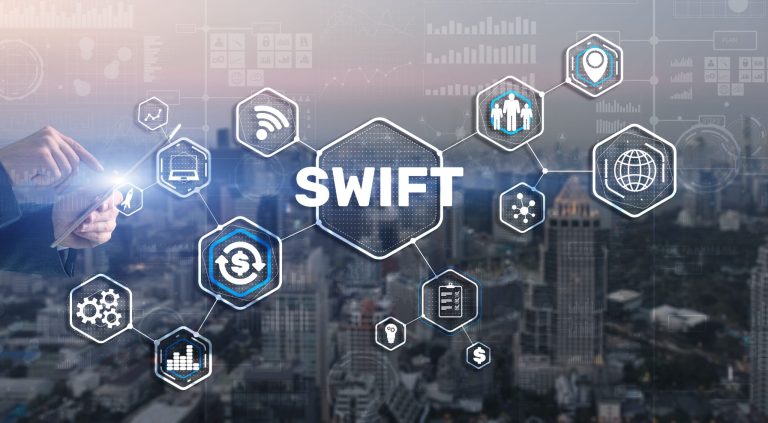
Changes in the Swift CSCF 2025: What You Need to Know

ISO 27001:2022 Deadline: What You Need to Know Before October 2025

Trust is the foundation of financial services. Maintaining the trust of customers, preserving confidentiality, confirming the availability of systems and services, and maintaining the integrity of data is your focus and our number one priority when assisting financial organizations.
Contact our Finance Cybersecurity Experts
Financial services providers such as banks, credit unions, credit card companies, and investment firms are entrusted with the personally identifiable information (PII) of every customer and client. This information includes home address, social security number, banking details, phone number, email address, and income information. The high value of this data on the darknet makes this sector an attractive target for cybercriminals.
+40%
The average cost of cybercrime for financial services is more than 40% higher than all other sectors.
50%
Almost half of all phishing attacks between 2019 and 2022 occurred in the finance sector.
$5.72 million
$5.72 million
The average cost of a data breach in the financial sector in 2021 is $5.72 million.
When financial institutions closely follow the developing technology, they become more vulnerable to cybersecurity threats. They adopt emerging technologies such as cloud computing, artificial intelligence, and digital services. The majority of financial institutions are increasingly utilizing cloud-based software to increase information processing, fraud detection, and financial analytics capabilities. All of these factors contribute to a rise in cybersecurity risks for them and their customers.
Most financial institutions rely on third-party service providers to fulfill their digital operations. Even if the FI’s own security systems are very resilient against cyberattacks, third-party service providers may represent a weak link in the chain of cybersecurity. Threat actors are increasingly targeting software vendors and then delivering malicious code to customers in the supply chain via product downloads or updates that seem to be legitimate. These attacks compromise software distribution systems and allow threat actors to get access to the networks of the supplier’s customers.
The Banking/Financial sector accounted for 22% of total ransomware attacks in Q3 2021. Therefore, ransomware has evolved into a widespread and well-known threat to organizations worldwide for several years and does not seem to be fading away anytime soon. As the main reason for ransomware proliferation, ransomware is a high-profit, low-risk business for threat actors.
Phishing attacks remain one of the biggest threats in the banking sector and have been a favorite tool for cyber attackers in the modern digital world. Attackers will use disguised emails or domains to trick individuals into downloading malware or giving away personal information.
Employees and customers are both at risk of phishing at a banking industry. Attackers may send emails disguised as official bank correspondence to customers, which can prove effective for stealing financial information. Likewise, employees must be on the lookout for phishing that seeks credentials to access customer information.
Dionach has assisted business to build strong foundations for security, compliance, and operational excellence for 24 years.
Services include:
With the delicate nature of the data handled by financial institutions, this industry remains one of the most vulnerable targets for hackers. Increasing cybercrime requires that a cybersecurity strategy that addresses specific cyberthreats in the financial sector evolves around the following components-


Dionach’s cybersecurity experts have a solid history of working with finance and insurance sectors, from boutique insurance providers through to Tier 1 banking institutions. As a trusted cybersecurity partner for finance organizations, our long standing 25-year background, combined with our in-house innovation and research team enable us to stay on top of the latest cybersecurity threats to finance and empower organizations to meet the challenges faced in today’s complex cybersecurity landscape.
Get a Quote our Finance Cybersecurity Experts




